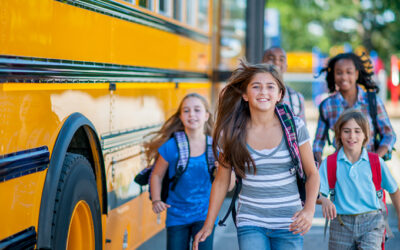If you’ve had a heart attack, you know that the entire experience can be frightening, from the physical impact of the attack itself to the anxiety you may feel afterward. You may also feel overwhelmed by what comes next—what’s involved in heart attack recovery?
Once you’ve had a heart attack, your next steps are important. Whether your heart attack was mild or quite serious, your heart has experienced some level of damage. Heart attack recovery is all about helping your heart heal.
What a Heart Attack Does to the Heart
A heart attack, which is formally called a myocardial infarction, occurs when blood flow to the heart muscle is disrupted. This disruption happens due to a buildup of plaque, which is a collection of fat, cholesterol and other substances.
When plaque builds up in a heart artery, it blocks the flow of blood partially or fully, and the heart tissue is deprived of blood and oxygen. This causes part of the heart tissue to die.
The Process of Heart Attack Recovery
The amount of damage to the heart depends on several factors, including the severity of the heart attack itself and how quickly treatment begins. In most cases, the sooner that treatment begins, the less heart tissue is impacted.
Your heart attack recovery plan will be specific to your individual needs, including how much heart tissue was affected and your overall health. Your risk factors for another heart attack or other heart health issues will also be taken into consideration.
Immediately after a heart attack, you can expect to stay in the hospital for several days or longer—until your condition is considered stable. From there, you can resume normal activities as your medical provider allows. The exact amount of time before you can drive, work or perform normal daily activities will vary.
In the weeks following your heart attack, you’ll want to strike a careful balance between resting and being somewhat physically active. While you don’t want to overexert yourself, moving your body is important.
Heart attack recovery often involves cardiac rehabilitation, which is a program designed to help patients become physically active or resume physical activity in a safe way following a heart health event. Your medical provider will also likely recommend changes to your diet, including reducing your sodium intake and eating more plant-based foods.
Protecting Your Heart in the Future
When you hear that heart tissue “dies off” during a heart attack, it can be quite alarming. But your heart muscle begins to heal shortly after a heart attack.
Your next steps of heart attack recovery are all about protecting your heart in the future and boosting your heart health. If you smoke, talk with your doctor about a cessation plan. If you have heart health risk factors, such as high blood pressure or high cholesterol, keep a careful eye on your numbers.
Eat a heart-healthy diet filled with plenty of fruits and vegetables, and limit your intake of foods that are high in saturated fat, sodium or added sugar. Be physically active. And find healthy ways to manage your stress, since too much stress puts your heart at risk.
On that last note, pay close attention to your mental health in the days and weeks following a heart attack. It’s quite normal to have mood fluctuations or even depression or anxiety after a heart health event, so talk with your medical provider about what you’re experiencing.




